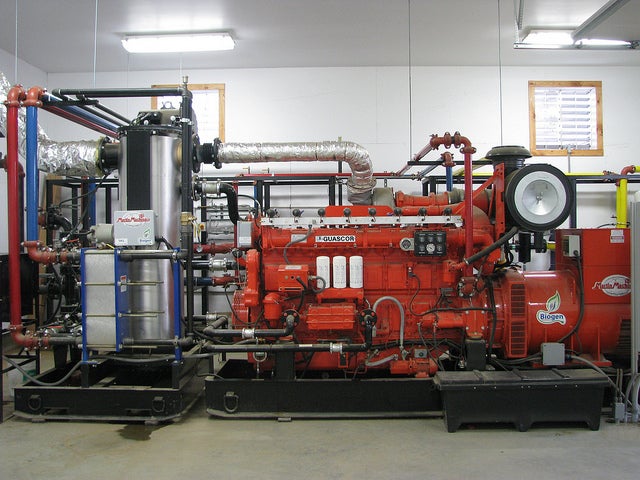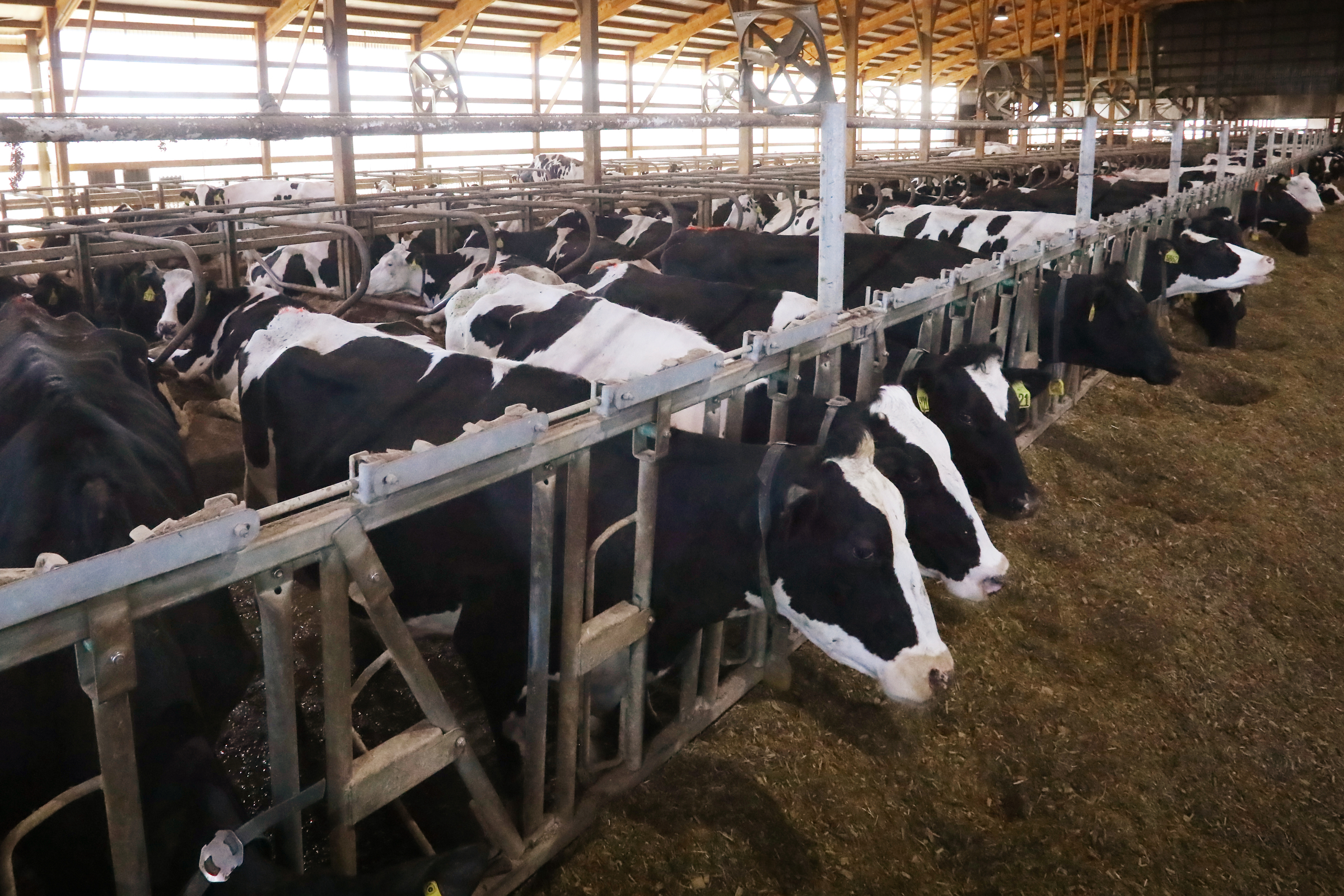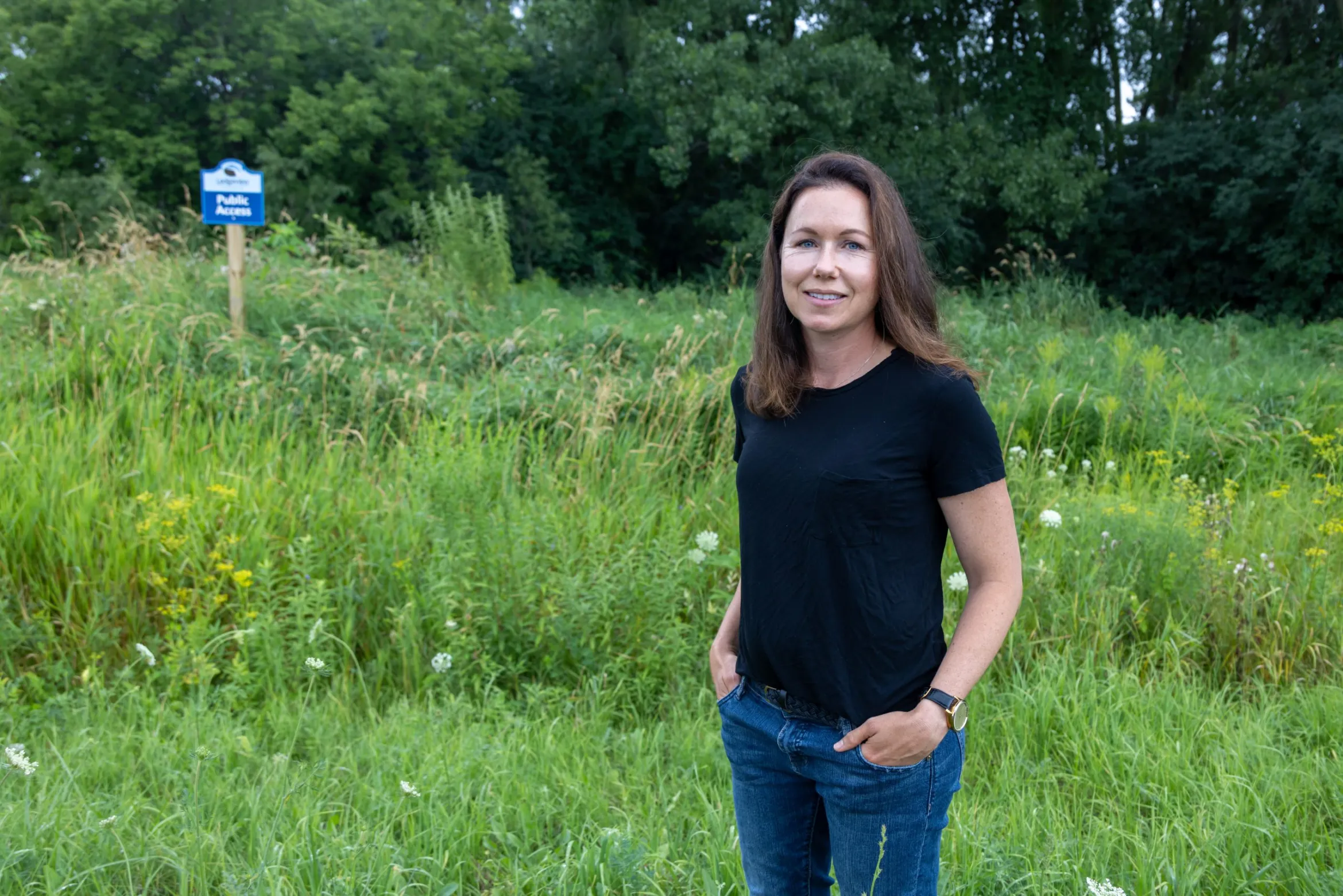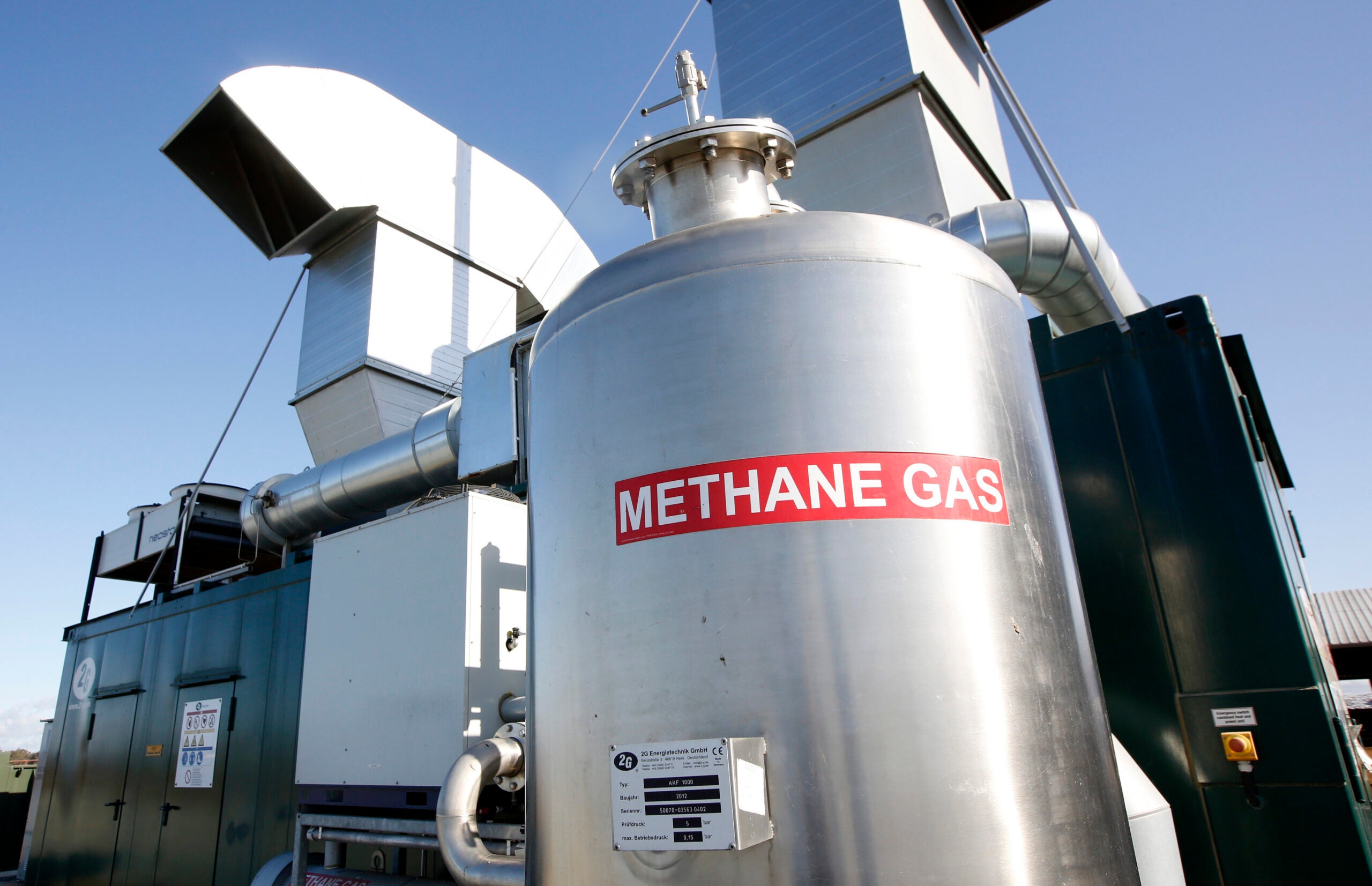The state is ponying up $15 million dollars to help BC Organics build a bioenergy system in southern Brown County near the Town of Holland.
BC Organics is a 24-member consortium led by the Dynamic Group of Waukesha, along with WEC Energy Group, US Biogas and BioStar Organics.
When news of the grant broke late Friday, it came as a surprise to town supervisor Mike Geiger, who said he hadn’t heard any official information from the three state agencies involved in the project.
News with a little more humanity
WPR’s “Wisconsin Today” newsletter keeps you connected to the state you love without feeling overwhelmed. No paywall. No agenda. No corporate filter.
“We heard a couple of grumblings and a couple of people had talked about it; but if it’s just rumors and hearsay, you can’t really act on that,” Geiger said. “So we waited and we’re trying to get some information.”
The Town of Holland is working with the Milwaukee-based law firm Quarles and Brady on a separate Brown County landfill project to which the proposed biodigester would be adjacent. Geiger said the digester may be added to that case, “We’re just starting to talk to our lawyer.”
The first meeting with the lawyers will be Monday. The town board will take up the issue of the digester Monday, Oct. 2.
The digester will process up to 190 million gallons of cow manure annually. Geiger said locals have concerns about manure truck traffic, smells and lost farmland.
The proposal to fund the biodigester arose in late 2016 when Gov. Scott Walker created a working group comprised of staff from the state Department of Natural Resources, the state Department of Agriculture, Trade and Consumer Protection, and the state Public Service Commission.
Jeff Ripp, an administrator for PSC’s Division of Energy Regulation, said the Brown County project is the first of its kind in the state.
“We have this very complex regulatory structure in the state of Wisconsin both for bioenergy and for nutrient management, and we’ve pulled it all together here in a single project,” Ripp said.
Ripp said the manure may be piped in from nine nearby farms. It could also be trucked into the facility, which is of concern to neighbors.
Also of concern is the possibility of contaminating private wells. Southern Brown County is characterized by karst topography, a type of landscape known for shallow topsoil and porous bedrock. The area is also home to many concentrated animal feeding operations, or CAFOs.
Sara Walling, chief of DATCP’s Water Quality Section, said the proposed digester will keep half a million pounds of phosphorous out of the area’s groundwater.
“A significant amount of manure volume reduction is happening through that process and then additionally because the manure is being removed from these farms and not going back onto them the manure aspect, the pathogen aspect associated with manure application on sensitive soils is going to be alleviated,” Walling said.
This is the first biodigesting project the state of Wisconsin has helped fund. Ripp and Walling say if it is successful, others may be built elsewhere throughout the state.
Wisconsin Public Radio, © Copyright 2025, Board of Regents of the University of Wisconsin System and Wisconsin Educational Communications Board.





